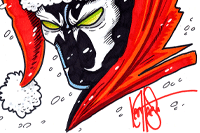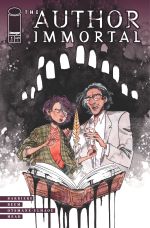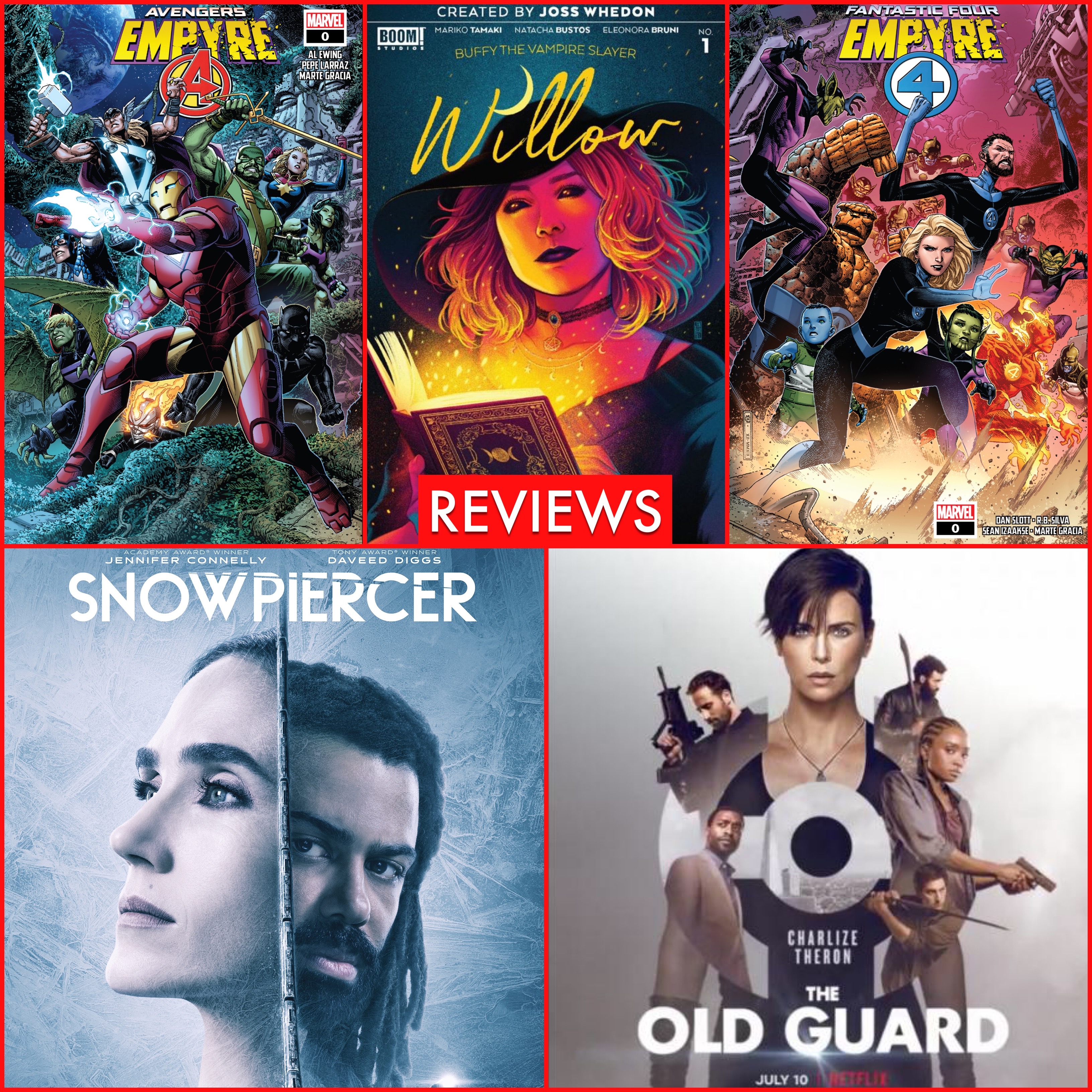|
 |
WAITING
FOR TOMMY: BOB MORALES
By
Richard Johnston
Bob
Morales is best known by current comic book readers as the
writer of The Truth, the controversial Captain America-related
mini-series. It starred a very different American soldier
undergoing the super-soldier experiment, a young, idealistic
black man, with parallels to the way ethnic groups were treated
as lab rats by the USA. His recent task, taking on Captain
America as an ongoing series was an unexpected one. Here he
talks about his struggle with his work, the expectations of
others and how he's grown his reputation - as well as an exclusive
publication of the script to a Kyle Baker work that never
was.
RICHARD
JOHNSTON: You've had fairly wide experiences across a
number of different media - how does working in comics hold
up? What are its appeals compared to everything else?
BOB
MORALES: The appeal is much like that of most writing
I do-pretty much after the fact. I find writing nerve-wracking,
but lucky me, it's one of the few things I can do. Anyway,
the difference between writing comics and entertainment journalism
or pop criticism is fundamentally nil when you're writing:
you have x space to fill, you have an obligation to provide
the reader pertinent information (a novel's premise, for instance,
or the fact that plaid kryptonite gives Superman a nosebleed),
and it would be nice if your work is interesting and fresh,
so you have to keep up with your field.
The comics
I've published before Truth were satirical cartoons I wrote
for Kyle Baker to draw; they were for Vibe magazine, so they
touched on general hip hop interests. Superhero comics have
conventions that you keep in your head, so if you're writing
a 22-page issue and you're on page 13, and somebody's been
gabbing for three pages, you start thinking about the best
way to get your lead character shot at before the last page.
Long
after I'm done, I might look at something in a script or once
it's drawn, and find some clever comment on comics iconography,
or some connection or insight into a character, but it doesn't
happen while I'm doing it. I'm just trying to fill up pages
in a way I think is interesting. I remember once Michael Moorcock
stating he left things out of his stories because he figured
whatever bored him bored the reader as well. So my focus is
to be sincere in what I find interesting.
I grew
up reading DC, Marvel, and Archie comics in the early '60s-my
dad taught me to read with Batman, actually-and I still retain
great love for them. I was a film school dropout and a fairly
gifted poet and an aspiring science fiction writer before
I decided to make a living and go into journalism and editing-all
that comes in handy doing comics. You'd think that'd make
writing them fun, but nope.
RICHARD:
So, what, I'm guessing masses of self doubt and beratement,
fuelled by a desire to succeed, to "prove" your success to
others, though really, to yourself? What are you, Richard
Nixon?
BOB:
No, for me it just comes with the territory, and I accept
it; I'm not complaining. It's anxiety that accompanies trying
to figure out a technical solution to a problem, because I'm
blocked until I figure out whatever I'm working on. I have
a strong sense of story structure, so I always know WHERE
it goes (how an issue will end, what my point in a text feature
will be) - getting there is the problem. I like myself and
trust my ability, but it's still hard to Zen your way through
something you haven't done before. Proving myself to others
has never really been a major concern to me - it's probably
the innate arrogance of being a New Yorker - and it's an unnecessary
burden to add on to work you know is difficult and you hope
will be rewarding.
Pages:
1 | 2
| 3 | 4
| 5 | 6
| 7 Continued
Here... |
 |







